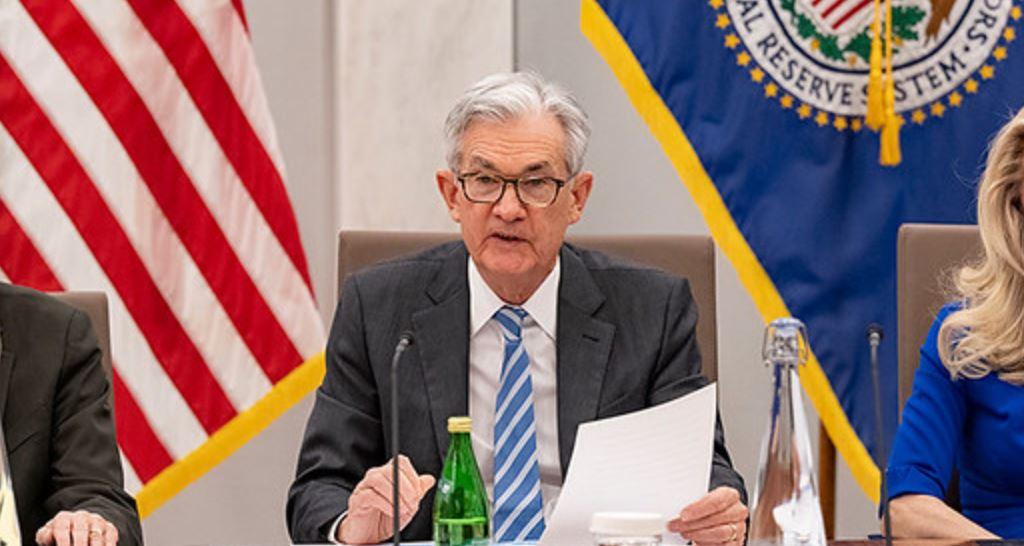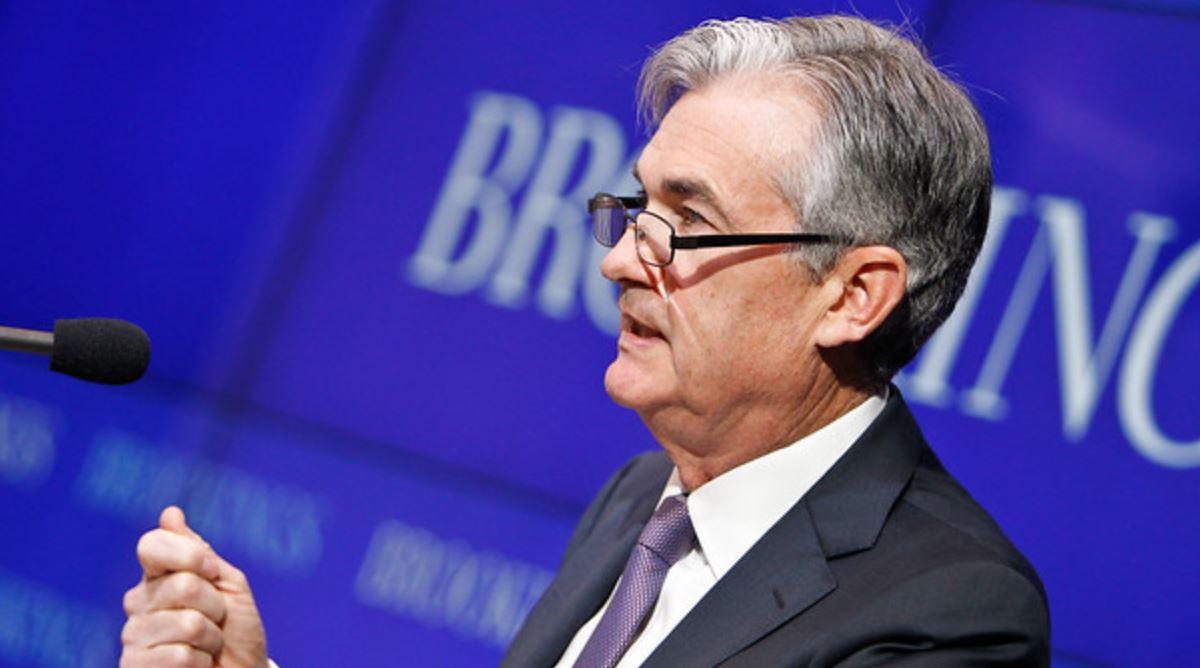The Fed’s New “Tightening” Plan Is Too Little, Too Late
Since 2008, a key component of Fed policy has been to buy up mortgage-based securities and government debt so as to both prop up asset prices and increase the money supply. Over this time, the Fed has bought nearly $9
Consumption-Based vs. Income-Based Carbon Footprints
The idea of an individual's or a household's carbon footprint is how much that person or household contributes to climate change. All anthropogenic climate change is caused by humans (by definition), so let's take all the humans who have ever
Noninterventionism Is Not Isolationism: The US Government Should Stop Arming Ukraine
Libertarians, liberty-wing Republicans, and other opponents of nondefensive wars are popularly misconceived as having an “every man for himself” approach to both economics and foreign policy. Of course, this is patently false in both cases, but this piece will focus
Why the Yen Fell While the Dollar Rallied
Will Japan ever change course on its negative interest rates? Only if voters begin to realize that the lack of inflation to date in Japan is simply good luck. Original Article: "Why the Yen Fell While the Dollar Rallied" This Audio Mises
How Did CNN+ Get Canned by Netflix? Austrian Economists Might Have an Answer
The Fed's reckless behavior has undermined Netflix more than the losses at CNN+. Original Article: "How Did CNN+ Get Canned by Netflix? Austrian Economists Might Have an Answer" This Audio Mises Wire is generously sponsored by Christopher Condon.
From El Salvador to Africa, the Next Currency War Pits Populists against Bankers
The global monetary system is facing historic challenges. First, a decade of easy money and perceived low price inflation convinced our current generation of central bankers that there were no costs to aggressive policy. The result was a monetary binge during
Austrians Have Been Correct about Big Tech: Elon Musk Just Proved Them Right
Big Tech—in particular social media platforms like Twitter—has long been a complicated problem to Austrian economists. Obviously, the de facto position on it would be no state involvement whatsoever. However, this becomes complicated when one recognizes the rampant suppression and deplatforming
African Politicians Must Stop Blaming Others for Africa’s Economic Woes
African politicians tend to blame foreign actors or external factors for the problems at home. This is nothing new nor is it unique to African politicians. Across the world, rulers and politicians do not miss a chance to blame domestic woes
It’s Mid-2022 and the Fed Has Still Done Nothing to Fight Inflation
It was last August when Jerome Powell began to admit that inflation just might be a problem. But even then, he was only willing to say that inflation would likely be “moderately” above the arbitrary 2% inflation standard. Back in
How Russia Uses Immigration and Naturalization to Grow State Power
Moscow has used naturalization and immigration to effect demographic change and encourage conflict between ethnic groups in neighboring states. It has proven to be an effective foreign policy tool. Original Article: "How Russia Uses Immigration and Naturalization to Grow State Power" This










